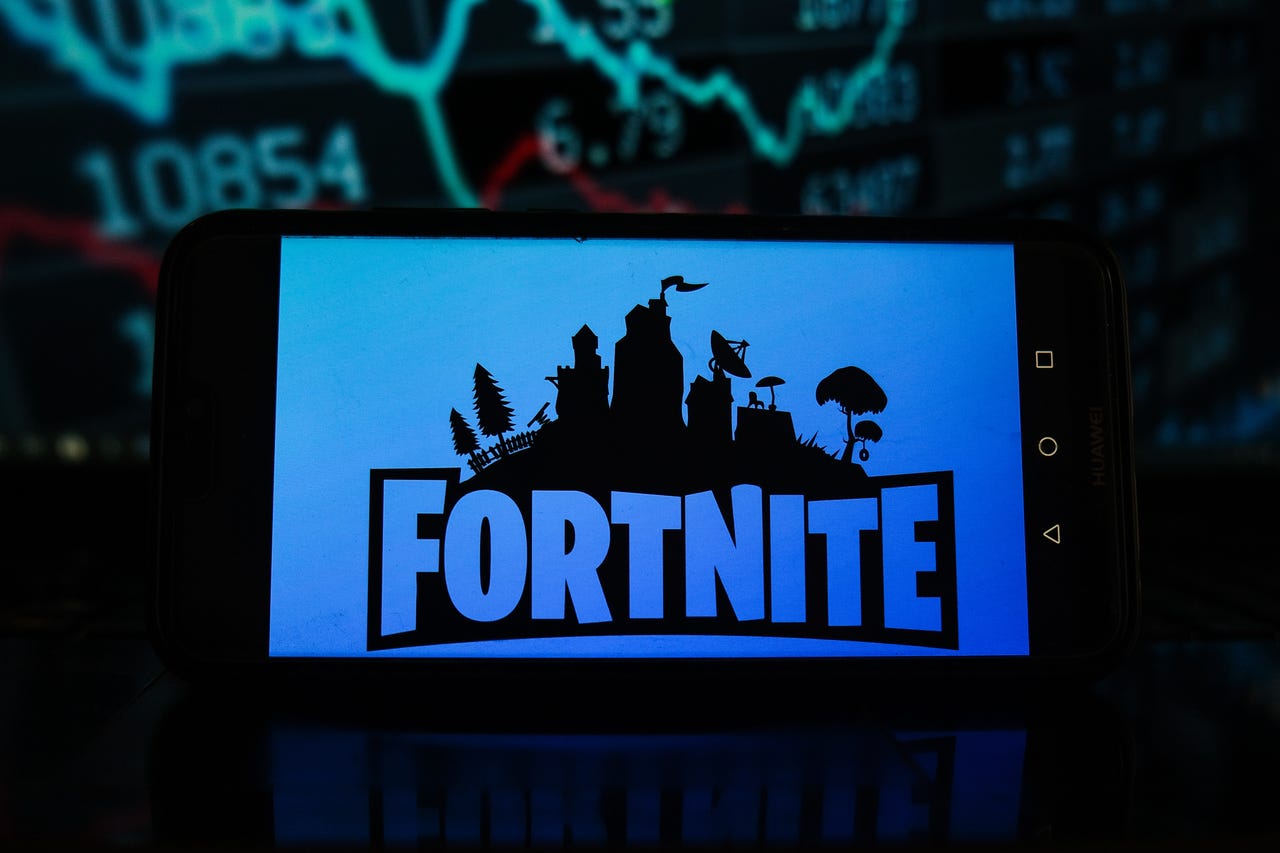Google countersues Epic for allegedly breaching Play Store contract


Google has countersued Epic Games, accusing the games developer of breaching its contract when it introduced a new payment system to sidestep the Play Store's payment systems and in-app purchase commissions.
In the counter complaint [PDF], Google alleges Epic willfully breached the terms of a contract that allowed Fortnite to reside in the Play Store by submitting a version of the app containing a payment method that was not Google Play billing for in-app purchases.
Due to this breach of contract, Google claims millions of Android users who downloaded the Fortnite app through the Play Store are still able to access Epic's external payment system despite the app being removed from the store. According to Google, this has allowed Epic to evade its contractually agreed service fee to Google for those purchases.
"Epic has alternatively been unjustly enriched at Google's expense," Google wrote in the complaint.
"Consumers and developers don't have to use Google Play, they choose to use it when given a choice among Android app stores and distribution channels. Google supports that choice through Android itself, Google Play's policies, and Google's agreements with developers and device manufacturers."
In making that claim, Google said it has no issues with Epic providing a version of the Fortnite app containing a non-Google Play payment system to Android users so long as it is done outside of the Play Store. Google added that this meant it was not like other competitors, such as Apple, as Android app developers do not have to use the Play Google Store to provide apps to users.
Google is seeking compensation for the amount it has lost from users accessing Epic's external payment system through a Play Store-downloaded app.
So far, the Epic-Google lawsuit has brought forth documents indicating that Google allegedly attempted to acquire Epic as the games developer was viewed as an app store threat. Google was threatened by its plans to sidestep Google's official Play Store commission by distributing Fortnite through other channels, according to an Epic-submitted document.
Another Epic court document claimed that Google considered approaching Tencent, which owns a minority stake in Epic, to buy its share. The document said Google allegedly considered teaming up with Tencent to fully acquire Epic.
The counterclaim comes more than a year after Epic filed the originating lawsuit, which accused Google of being anti-competitive and monopolistic. The accusations arose after Google removed Fortnite from the Play Store.
Parallel to the Epic-Google lawsuit, Epic is in a similar legal fight with Apple. The Epic-Apple lawsuit is further along, however, as a mixed court ruling for that matter was made last month.
The mixed court ruling mostly sided with Apple as it found that the iPhone maker was not an antitrust monopolist and was justified in banning Epic's apps from the App Store. The presiding judge Yvonne Gonzales Rogers also ordered Epic to pay millions of dollars to Apple for the revenue it collected through its external payment system from users who downloaded the Fortnite app via the App Store.
On the flip side, the presiding judge Yvonne Gonzales Rogers also found Apple engaged in anticompetitive conduct under California's competition laws, which led to her issuing a permanent injunction to block Apple's App Store rule that prevents developers from adding in-app links to payment websites.
Since the ruling, however, both Apple and Epic have appealed the decision; Apple has requested for the injunction to be stayed until all litigation is resolved while Epic has requested for Gonzales Roger's broader decision to be overturned.
With both lawsuits still ongoing, Epic's apps continue to be banned from the App Store and Play Store.
RELATED COVERAGE
- Google allegedly considered buying Epic Games to remove app store competition
- Google considered reaching out to Tencent to buy its stake in Epic Games
- Apple files appeal requesting for App Store in-app payment link changes to be delayed
- Apple bans Epic Games from App Store until all litigation is finalised
- Epic Games appeals decision made in antitrust lawsuit against Apple
- US judge rules Apple can't block in-app purchasing
- Apple settles lawsuit to allow developers to use payment systems outside of App Store
- Apple is surprised that developers take issue with its app review process
- Epic Games wins appeal to recommence app store competition lawsuit against Apple